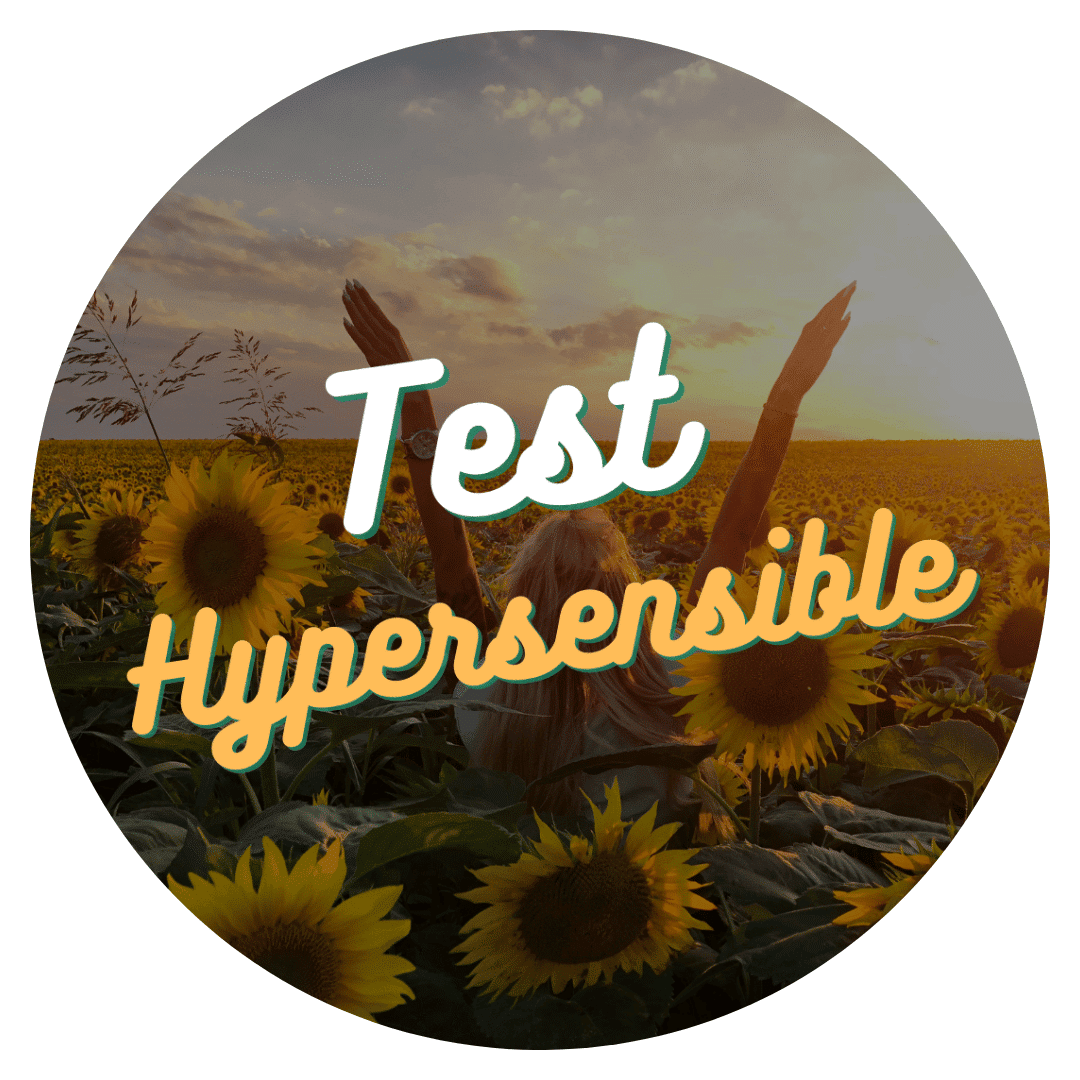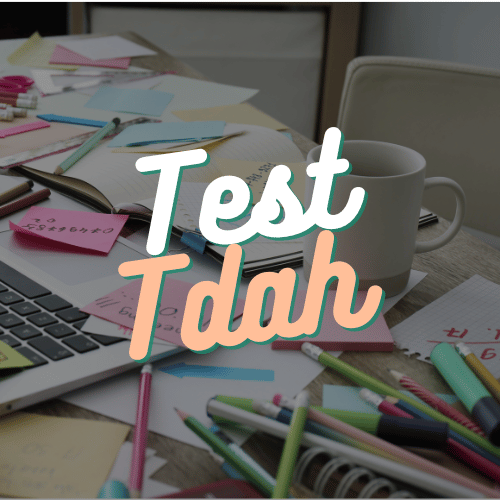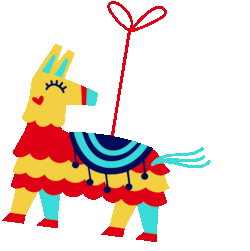What is dyslexia?
I see letters and sentences like everyone else, except that I can’t print the way they’re written and so I keep making spelling mistakes. I’m still having trouble reading, so instead of taking 2 hours to read a script, it’s going to take me twice as long.
Franck Gastambide, dyslexic and multi-dyslexic.
Dyslexia is one of the 10 DYS identified in the DSM-5. DYS are cognitive disorders.
As a reminder: cognition is the set of mental processes that relate to the function of knowledge and involve memory, language, reasoning, learning, intelligence, problem-solving, decision-making, perception or attention.
Our cognitive skills enable us to become aware of our body in our space and environment, and to evolve within that environment.
Definition of dyslexia
Dyslexia is a reading disability or difficulty in recognizing and reproducing written language. It can be seen as a learning disability in childhood, but also in adulthood. As reading tasks are slower, work assignments can be slowed down.
A person with this disorder has difficulty perceiving letters and certain shapes. As a result, it cannot correctly decipher a sentence. Letters may be reversed or even completely upside down. This comes from a particular brain function. Just like High Intellectual Potential we’re born that way and we die that way. The lottery of the human brain!
Who is affected by dyslexia?
Dyslexia affects 5% to 15% of the population, with a median of 10%.
It’s difficult to identify dyslexic children before the age of 7-8, as they still have a basic vocabulary and expressions, and are just beginning to read (usually initiated in first grade).
DYS can be mistaken for mental retardation or academic difficulties in comparison with other students who progress. In adulthood, these difficulties are mainly identified by articulation and spelling problems, slowness in understanding instructions and a less complex vocabulary.
The different types of Dyslexia
We don’t necessarily know it, but there are different types of dyslexia:
- Phonological dyslexia
- Lexical dyslexia
- Mixed dyslexia
Phonological dyslexia :
Also known as dysphontic dyslexia, this is the most common form in children. It stems from a deficiency in phonology and in the assembly or indirect pathway, leading to a deficit in grapho-phonemic conversion.
Children have difficulty putting words together and pronouncing them. They have difficulty finding the letters, putting them in order, and making a sound out of them.
More specifically, people with dyslexia have :
- difficulty ordering letters, words or syllables;
- difficulty differentiating between visually similar graphemes > b and d; p and q
- difficulty differentiating phonologically related phonemes > b and p; t and d
- difficulty differentiating between morphologically related words > dog and cat; bridge and well; intention and attention; gift and cake
- tendency to adopt inefficient addressing strategies to compensate (read crepe for creperie)
Lexical (or surface) dyslexia :
Lexical dyslexia or surface dyslexia is linked to a deficiency in the lexical (and addressing) pathway , resulting in difficulties in storing the way words are written. Surface dyslexia makes it difficult to understand the meaning of words, especially irregular words. Children with this disorder have a simpler language because their lexicon is poorer.
More specifically, people with dyslexia have :
- difficulty recognizing and reading words from their visual form
- difficulty automatically reading regular, familiar words
- difficulty remembering how to pronounce words
- difficulty recognizing and reading irregular words
Mixed dyslexia:
Mixed dyslexia combines surface dyslexia and phonological dyslexia. This is the most disabling form of dyslexia, combining all the difficulties mentioned above. The whole process of learning to read is undermined. The affected person does not understand the meaning of words, does not recognize previously or newly learned words. Reading is always done syllable by syllable.
Is it possible to compensate for dyslexia?
Like all brain atypisms, dyslexia should not be seen as inevitable. The more the brain is trained, the more the neuronal connections become automatic and the less the brain “forces”.
The brain’s main advantage is its adaptability. When one function becomes disabling, the brain will develop other functions to help compensate for the problem. You can either compensate or train to improve. This explains why some people go through school without ever being detected as suffering from dyslexia.
For example, memory can compensate for dyslexia. Some children learn or memorize certain passages when read aloud by others.
Speech therapists are there to re-educate the brain and facilitate learning. If you have any doubts about yourself or your child, don’t hesitate to seek advice.
Testimonials
Would you say there are any advantages to being dyslexic?
Timothé 51 > Honestly, I think it makes a difference! We have a very different view of the world! You develop other systems to get by, you have to work harder on certain subjects and you inevitably develop a certain perseverance.
We’re more creative, and we immediately bring a slightly different angle to a thought! I don’t know if it’s specific to me or to all dyslexics, but I feel like I’m bringing something different to the table. My brother, who is also dyslexic, is also very creative!
To find out more :
sante-sur-le-net.com
dys-positif.fr
You can also find more information, resources and tools on Giftedness in Mel POINAS‘ book. With a lot of humor, Mel tells the story of the discovery of her giftedness and the routines she put in place to finally find her place!

Le livre
Écrit par une HPI !
Un témoignage et des solutions concrètes pour découvrir, comprendre et apprendre à vivre en étant HPI.

To go further, you can read
- HPI and DYS: Focus on the 7 DYS and their impact on everyday life
- The best books about High Learning Potential
- Impostor’s syndrome
- Giftedness : 20 characteristics of complex and laminar profiles
- How to take the WAIS 4 test?
- Giftedness and Hypersensitivity











